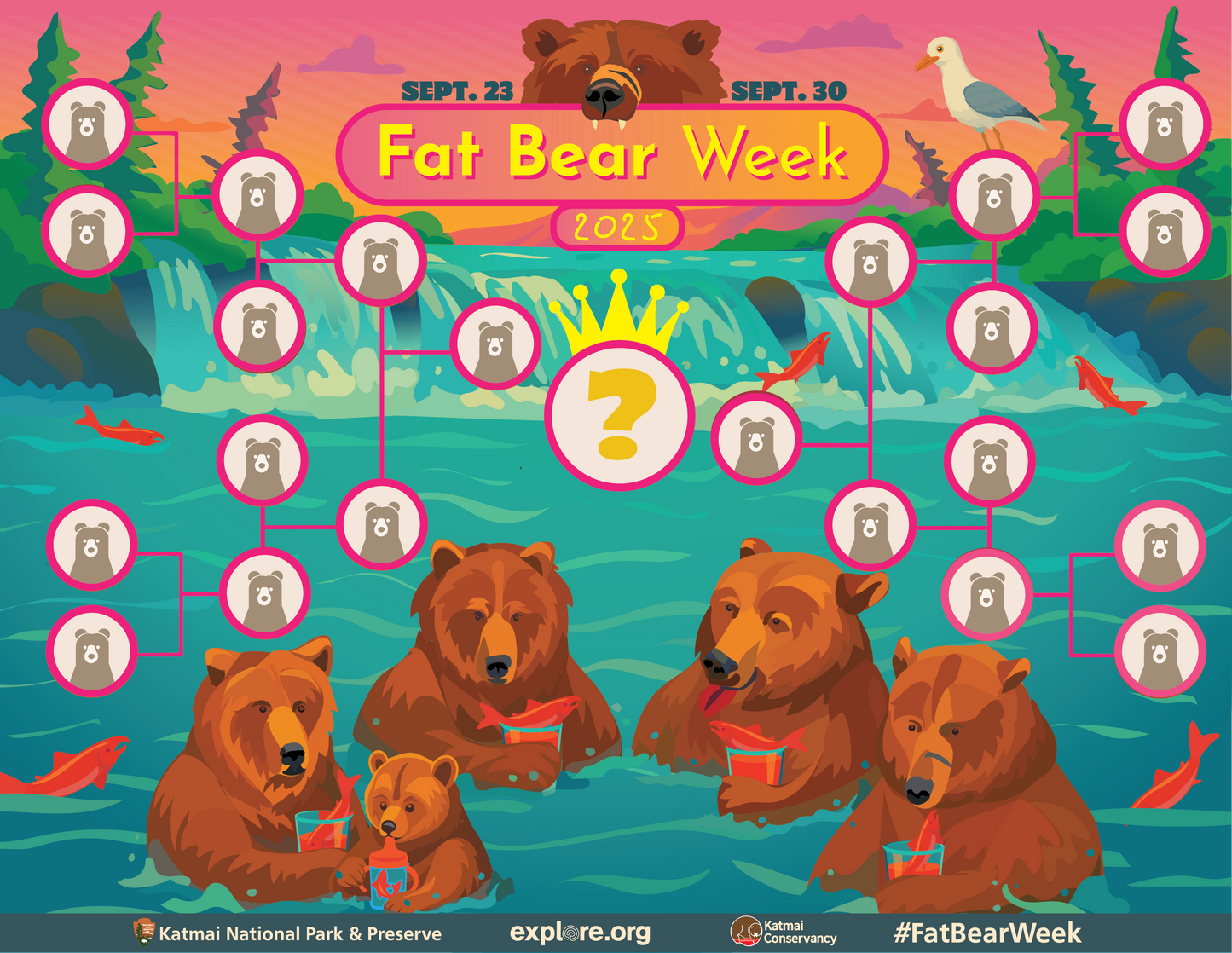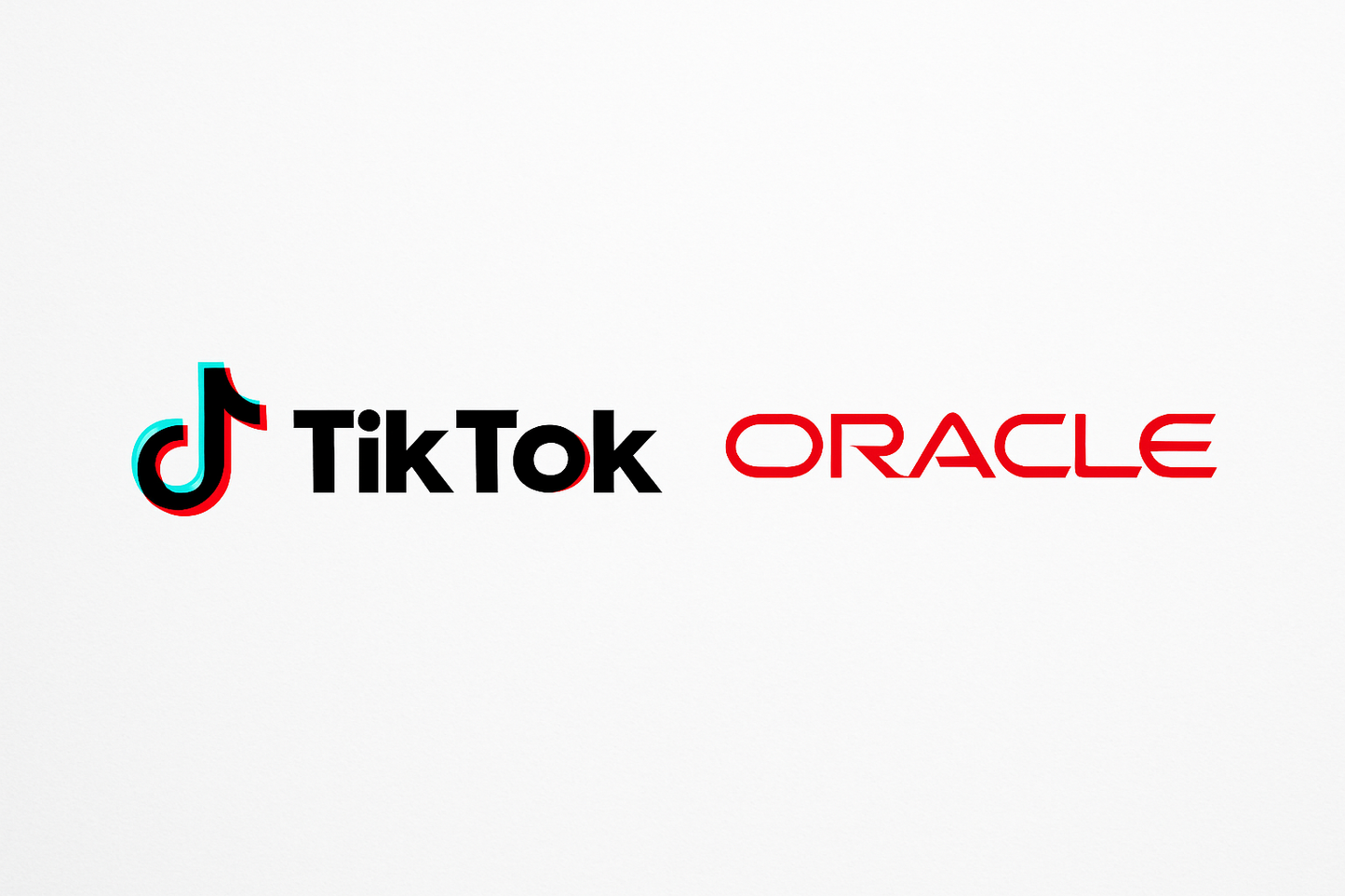The Trump administration's latest foray into public health policy has ignited a firestorm of debate, with President Donald Trump and Health and Human Services Secretary Robert F. Kennedy Jr. announcing measures to curb acetaminophen use during pregnancy over concerns it may contribute to autism spectrum disorder (ASD). This move, framed as a bold step to address rising autism rates, draws on observational studies but faces sharp criticism from the scientific community for lacking conclusive evidence. As the U.S. grapples with healthcare autonomy and evidence-based policy, this initiative raises questions about the intersection of politics, science, and personal choice in a nation already polarized on health issues.
The Announcement: A Push for Caution on Common Pain Relief
On September 22, 2025, President Trump, flanked by Secretary Kennedy, unveiled a series of actions aimed at tackling what they describe as an "autism epidemic." The centerpiece is a directive from the Food and Drug Administration (FDA) to notify physicians immediately about "strongly recommending" against acetaminophen—commonly known as Tylenol—during pregnancy, advising the lowest effective dose only when necessary. Trump emphasized, "Don't take Tylenol," linking the drug to autism without new definitive proof, while promoting leucovorin (a form of folic acid) as a potential treatment.
This isn't the first time such claims have surfaced. Observational studies have suggested a correlation between prenatal acetaminophen exposure and increased ASD risk, but experts stress these are not causal links. The administration's rationale points to a surge in autism diagnoses, from 1 in 150 children in 2000 to 1 in 36 today, attributing part of this to environmental factors like medications. However, the American College of Obstetricians and Gynecologists maintains acetaminophen's safety when used as directed, warning that untreated pain or fever could pose greater risks to fetal development.
Scientific Scrutiny: Unproven Claims and the Need for More Research
Critics, including major news outlets and health experts, argue the administration's position oversteps by presenting correlation as causation. Autism was first described in the 1940s, predating Tylenol's market entry in 1955, which undermines simplistic timelines. A review in Nature highlights that while some studies show associations, confounding factors like genetics and maternal health complicate interpretations. The FDA's advisory, while not a ban, could lead to confusion among pregnant individuals, potentially driving them toward riskier alternatives or untreated conditions.
Proponents, including Trump allies, view this as a libertarian push against Big Pharma's influence, empowering individuals with information to make informed choices. Kennedy, a longtime vaccine skeptic, ties this to broader environmental toxin concerns, advocating for leucovorin trials despite limited evidence of its efficacy for ASD. Social media reactions range from support—citing personal anecdotes—to mockery, with some users joking about left-leaning parents overusing Tylenol in defiance.
Broader Implications: Policy, Politics, and Public Health
This initiative fits into Trump's "Make America Healthy Again" agenda, blending deregulation with targeted interventions. It could influence pharmaceutical guidelines, insurance coverage, and even litigation, as families affected by ASD seek accountability. Centrists worry about eroding trust in institutions; if unproven claims drive policy, it might undermine vaccination efforts or other evidence-based practices.
From a central lens, emphasizing personal responsibility over blanket mandates aligns with reducing government overreach, but mandating notifications borders on paternalism. As debates rage on platforms like X, users question the timing—amid midterm pressures—and call for rigorous, independent studies.
In sum, while the administration's actions spotlight potential risks, they highlight the tension between precautionary principles and scientific rigor. Will this lead to breakthroughs or backlash? The coming months may tell.
What do you make of this health policy shift? Share your views below.














Leave a comment